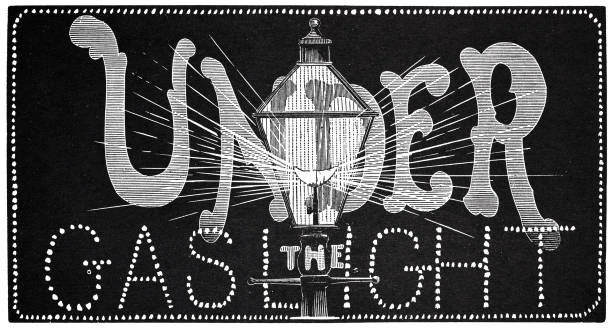Silent Warfare: The Impact of Gaslighting on Mental Health

Silent Warfare: The Impact of Gaslighting on Mental Health
Gaslighting isn’t just a new trendy word loosely used in conversation. Recently, there has been growing awareness of the insidious psychological tactic of this word. Coined from a play and later turned into a film, gaslighting is a form of emotional manipulation that makes individuals doubt their perceptions, memory, and sanity.
Gaslighting is not limited to any specific setting; it can occur in relationships, workplaces, and even on a societal level. This article delves into the profound effects of gaslighting on mental health, exploring its mechanisms, consequences, and coping strategies.
Gaslighting Definition
Gaslighting is a strategic and intentional psychological maneuver that an individual use to gain power and control over someone else. The gaslighter seeks to erode the victim's self-confidence and instill self-doubt. This is achieved through various manipulative tactics, such as:
- Denial: The gaslighter denies the victim's reality and experiences, making them question their perceptions.
- Deflection: They deflect responsibility for their actions, shifting the blame onto the victim.
- Minimization: The gaslighter downplays the victim's emotions, making them feel overly sensitive or irrational.
- Isolation: By isolating the victim from friends and family, the gaslighter creates a dependency and weakens the victim's support system.
Gaslighting and Mental Health
The emotional toll of gaslighting can be devastating, leading to severe consequences for the victim's mental health. Some of the most common mental health impacts include:
- Anxiety: Gaslighting induces constant uncertainty, leading to heightened anxiety and a perpetual state of fear.
- Depression: Victims may become depressed due to the constant invalidation of their feelings and experiences.
- Low Self-Esteem: Gaslighting erodes the victim's self-esteem, leaving them feeling worthless and undeserving of love or respect.
- Post-Traumatic Stress Disorder (PTSD): Prolonged exposure to gaslighting can lead to symptoms resembling PTSD, such as flashbacks and hypervigilance.
- Emotional Detachment: Some victims may emotionally detach themselves as a coping mechanism to protect against further manipulation.
Signs of Gaslighting in Relationships
Recognizing gaslighting is crucial to breaking free from its grasp. However, it can be challenging to identify when you are being gaslit, as the gaslighter is often skilled at concealing manipulative behavior. Here are some warning signs of gaslighting:
- Constantly feeling confused or doubting your memory and perceptions.
- Apologizing excessively, even when you haven't done anything wrong.
- Feeling like you are walking on eggshells around the other person.
- Second-guessing your decisions and choices.
- Feeling increasingly dependent on the gaslighter for validation and approval.
- Withdrawing from friends and family due to the gaslighter's influence.
Gaslighting in the Workplace
Gaslighting is limited to personal relationships; it can occur in the workplace. Managers or colleagues may use gaslighting to undermine employees' confidence and control their behavior. This can lead to a toxic work environment and negatively affect the employee's mental health and job performance.
Breaking Free from Gaslighting
Escaping the clutches of gaslighting requires courage, support, and self-awareness. Here are some essential steps to break free from gaslighting:
- Trust your instincts: If something feels off or manipulative, it probably is. Trust your gut feelings and instincts.
- Seek support: Reach out to friends, family, or a therapist who can provide a supportive and objective perspective.
- Set boundaries: Establish clear boundaries with the gaslighter to protect yourself from further manipulation.
- Practice self-compassion: Constantly tell yourself you deserve respect and kindness, like anyone else.
- Build a support network: Surround yourself with positive individuals who uplift and validate your experiences.
- Educate yourself: Learn more about gaslighting and its effects to empower yourself with knowledge.
Conclusion
Gaslighting is a dangerous form of psychological warfare that can have severe and lasting effects on an individual's mental health. By understanding its mechanisms and consequences, you can equip yourself with the tools to identify and combat gaslighting in your personal and professional lives. Remember, your feelings and experiences are valid, and seeking help and support is a sign of strength, not weakness.
